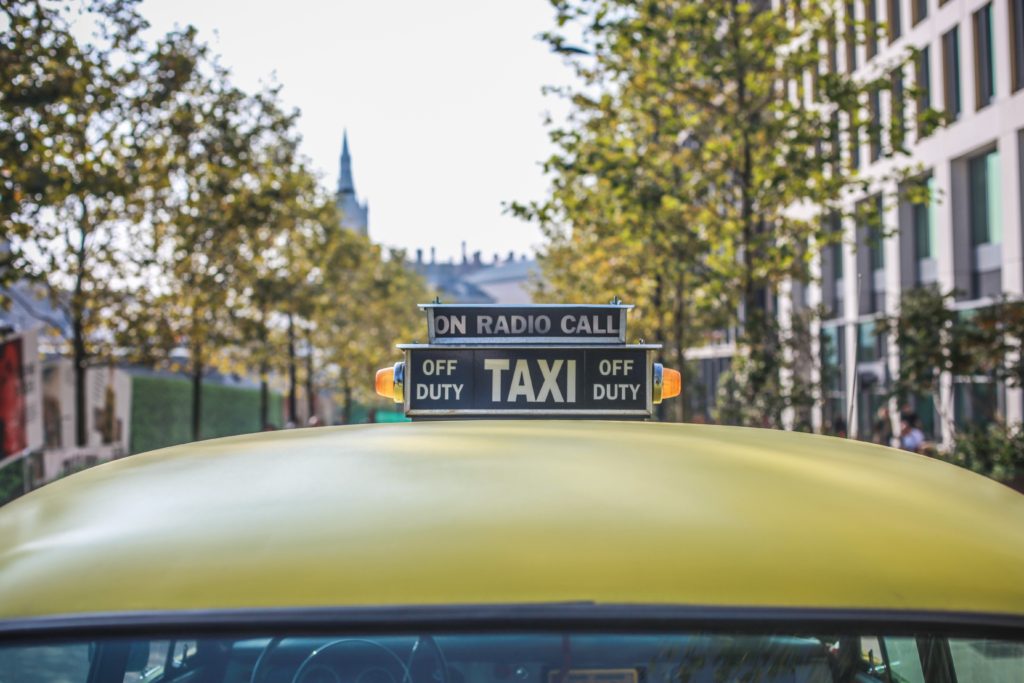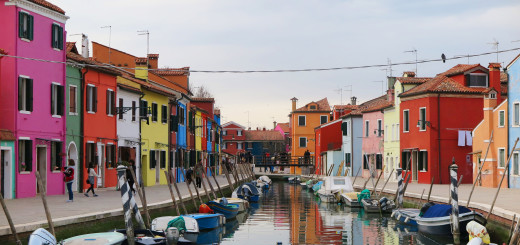11 of the Biggest Tourist Travel Scams and How to Avoid Them

Summer vacations are intended to explore the world and make memories. In most cases, this is the outcome. However, there are instances where local con artists take advantage of naïve travellers and turn their world upside down. Justin Lavelle, a scams prevention expert at BeenVerified.com, a leading source of online background checks and contact information, shares some common scams and practical ways to avoid them.
Broken Taxi Meter Scam
It is not uncommon for taxi drivers near train stations or airports to notify passengers that their meter is broken. This scam is common in Central America. If the meter is not utilized, passengers can be held responsible for outrageous taxi fees. Ask the driver to turn on the meter, and if indeed the meter is broken, negotiate the rate before driving away from the curb. If the driver insists the ride is cheaper without the meter or refuses to turn the meter on, get out of the taxi and request a different taxi driver.

Overbooked or Closed Hotel Scam
This scam also involves taxi drivers. While en route to the hotel, the driver may say the hotel is closed or overbooked then try to lure you to a more expensive property where he gets a kickback. To avoid being scammed, contact the hotel upon arrival to ensure the reservation is confirmed and request a hotel shuttle pick-up.
Free Jewelry Scam
This scam tends to target female travelers. A man or woman may strike up a friendly conversation then place a “free” bracelet on your wrist. Before departing, they will demand money and refuse to take the jewelry back. These are often handmade crafts sold to support their family. Refusal of payment usually causes an embarrassing scene. Avoid this scam by refusing to accept any kind of “free” gift from a stranger.
Spills on your Clothing Scam
This scam is common in Europe. While sightseeing, a person may accidently spill something on your clothing or bump you from behind. This is a mere distraction to keep your focus on the spill and not on your personal belongings. While helping clean up the mess, the culprit will pick purses or pockets. Avoid this scam by being aware of your surroundings and declining help should someone spill condiments or beverages on you. Go to the nearest bathroom and clean the stain yourself.
Fake Police Officer Scam
Large cities are notorious for scamming tourists. In this scenario, a person will approach a tourist and request illicit substances like drugs. During the discourse, a couple of people dressed in uniform will approach and flash fake police badges. This ploy is designed to get tourists to turn over their IDs and passports. To avoid this scam, request the officer show ID and call the police department to confirm their identity. Refuse to hand over the passports, citing they are locked in the hotel room and request they follow you to the hotel. If they refuse, simply walk away.

Closed Attraction Scam
If traveling overseas, be wary of locals who speak perfect English. Locals may approach tourists fishing for information about their travels and interests. They may try to steer tourists to another location, stating their original attraction was closed and then direct them to an attraction or excursion that charges more and pays a kickback. Avoid this scam by checking out the original site or asking other shop owners or the ticket counter for verification.
ATM Helper Scam
Be aware of people hanging around ATM machines, especially overseas. They may insist they can help save transaction fees, when their true intent is to skim your credit card number and PIN so they can drain your accounts later. To avoid this scam, never let anyone near while you are making an ATM transaction. Always cover the keypad when entering your PIN code. If someone is hanging out nearby, leave and find another ATM. Store all credit/debit cards in a RFID sleeve for an added level of protection.
Group Photo Scam
Be wary of people who approach you to take a group photo. Oftentimes, shady people will hang out at landmarks and tourist attractions posing to be friendly. After you hand over your camera and start posing your group this helpful person will take off with your expensive camera. Avoid this scam by asking one of the tourists in the group to snap the photo and offer to return the favor.

Fake WiFi Scam
In this day and age, WiFi is available most anywhere, but unsecure connections can be quite dangerous when it comes to protecting your identity. Hackers are always on the lookout for unsuspecting victims. To avoid this scam, check with the hotel, airport, or coffee shop to ascertain which WiFi connection is safe. You can also use a VPN (virtual private network) to encrypt your online activity.
Fake Wake Up Call Scam
Calls in the middle of the night can be startling. Waking up from a dead sleep can make you feel disoriented and more likely to share valuable information. Should you receive a call from the front desk regarding your credit card information, do not confirm over the phone. To avoid this scam, take the caller’s name and inform him you will come down to the front desk and verify information in person.
Vacation Rental Scam
This is one of the most frequently occurring scams. People planning to book a hotel or vacation home will be enticed by a phenomenal deal and then book online via a payment wire. Once they are at the destination, the hotel or rental home exists but there is no record of the reservation and they have no room waiting for them. To avoid being conned, always pay with a credit card that has a fraud prevention guarantee, search and book through well known travel websites, and call the properties directly to confirm that they do offer rentals and have a room available.
Additional Tip: Do Not Announce Your Trip On Social Networking Platforms
Sharing that you’re leaving on vacation will let others know of your absence and will leave you, your friends, and your family open to scams (and your home open to possible burglaries). For example, once you announce your absence, a con artist can hack your email account and send a pleading email to one of your friends or a relative, requesting a desperate need for money to be wired. Their reasons can vary from being mugged to having a medical emergency. Before leaving, tell your family members and friends to never wire money unless they talk to you or one of your travel companions first.
Taking these simple precautions will help ensure a pleasant and uneventful vacation. Personal security is essential when traveling abroad and shouldn’t be taken lightly. It is wise to be leery of strangers and keep in mind that if a deal seems too good to be true, it probably is.
This post was sponsored by BeenVerified.com. Got a great travel story you want to tell? Contact us at workwithus@anewtraveller.com.
Justin Lavelle
Latest posts by Justin Lavelle (see all)
- 11 of the Biggest Tourist Travel Scams and How to Avoid Them - July 19, 2016







 Almost all the tea houses in
Almost all the tea houses in 











